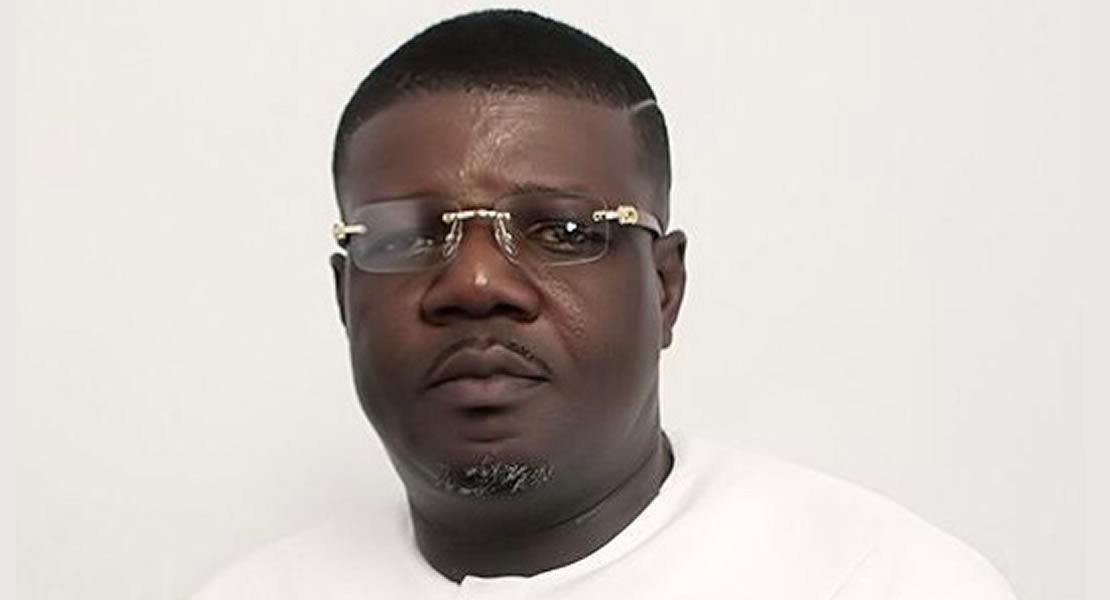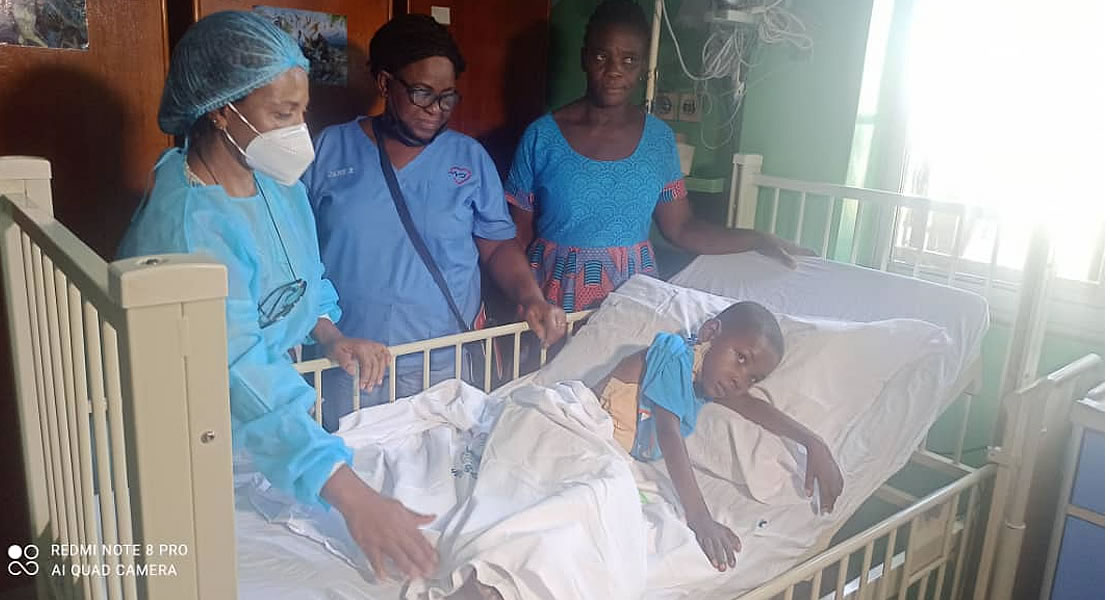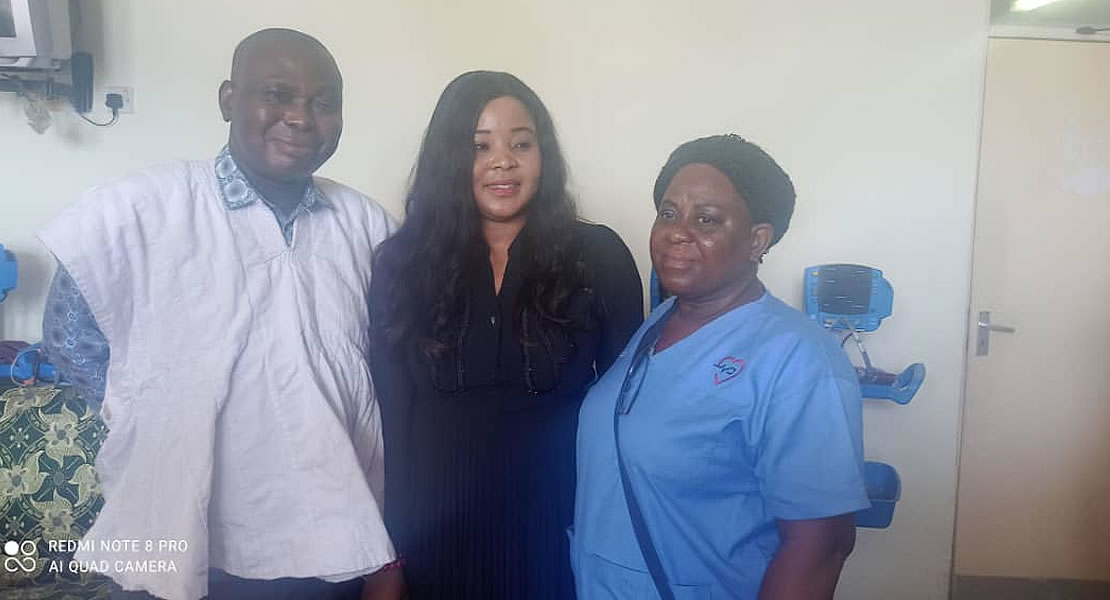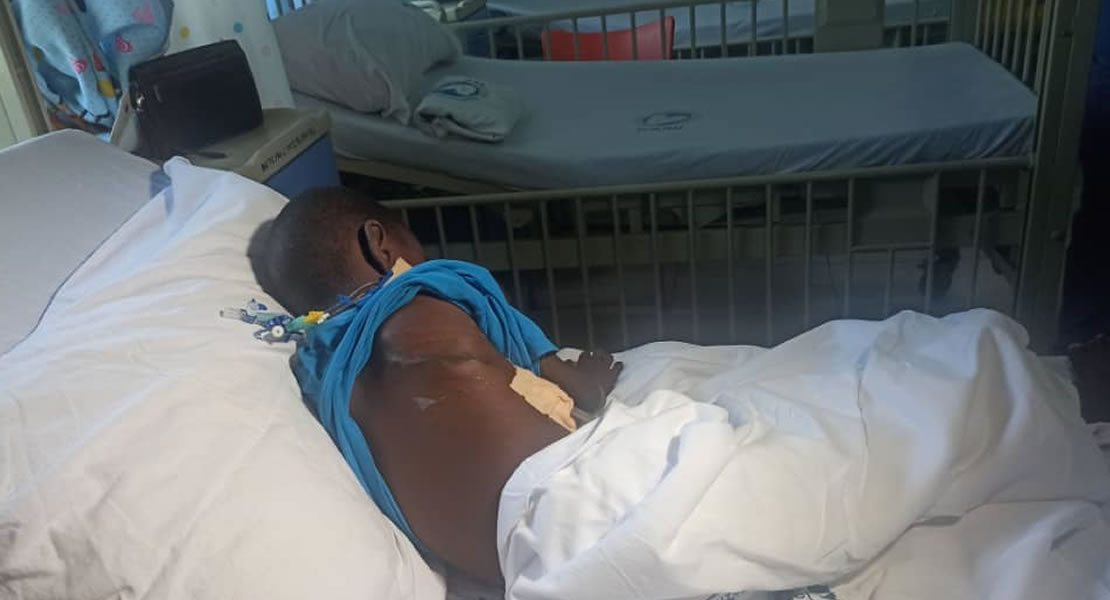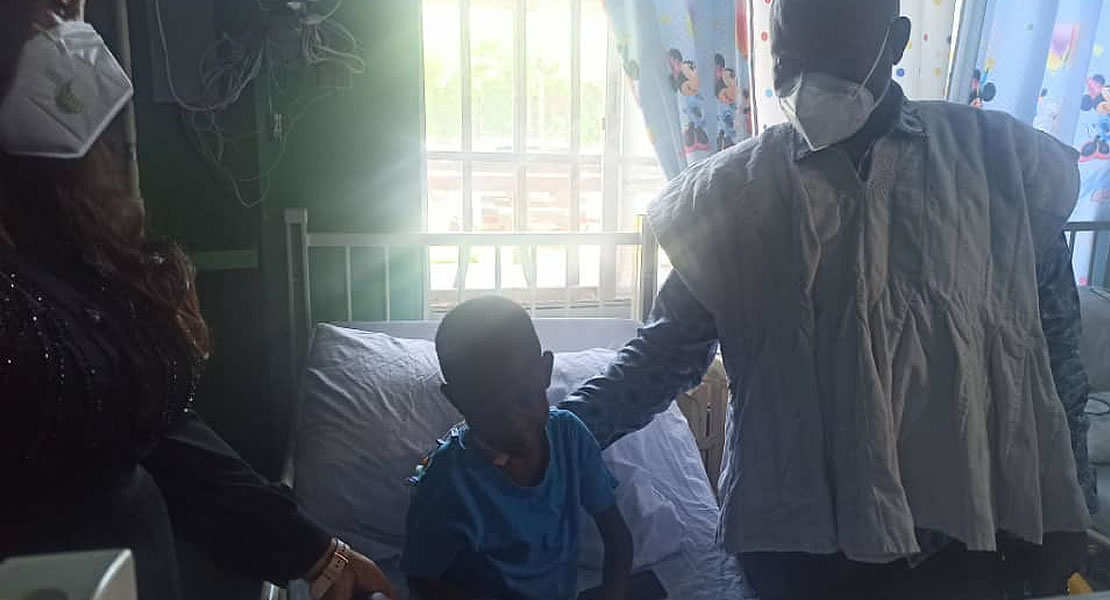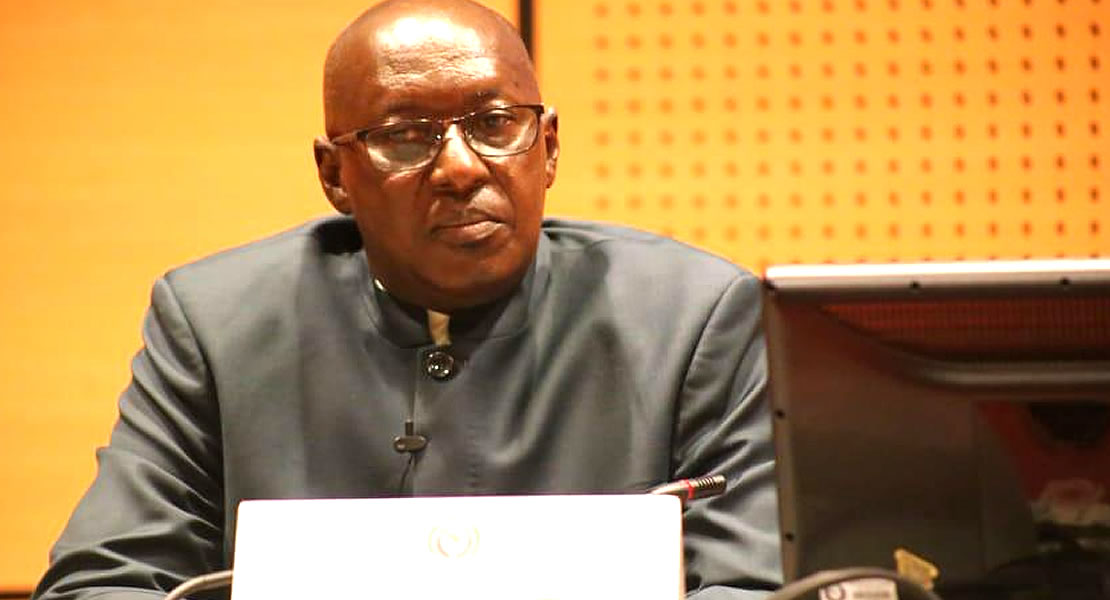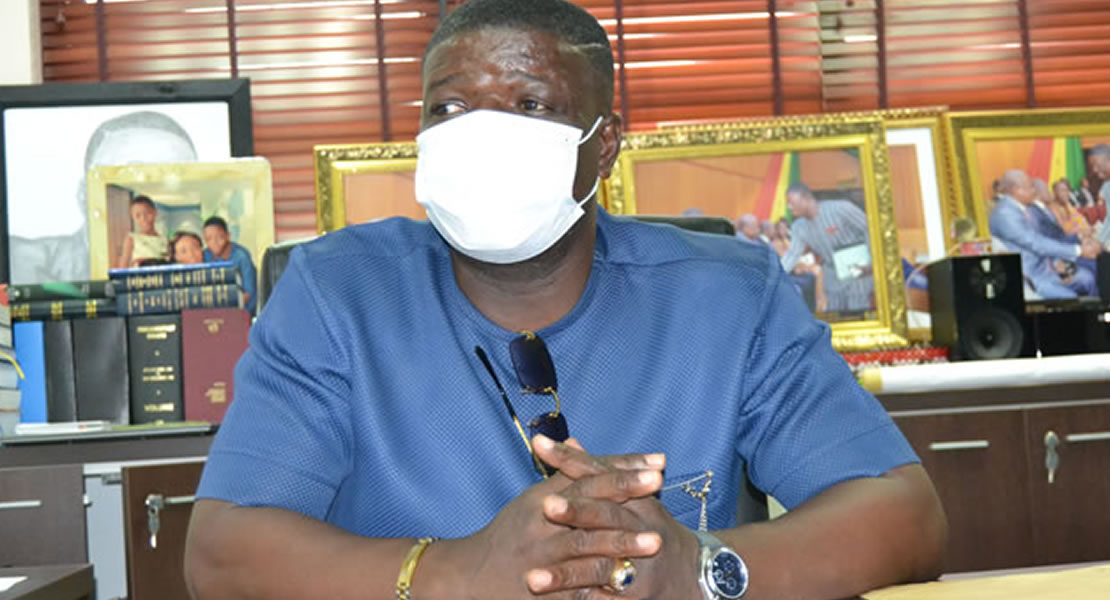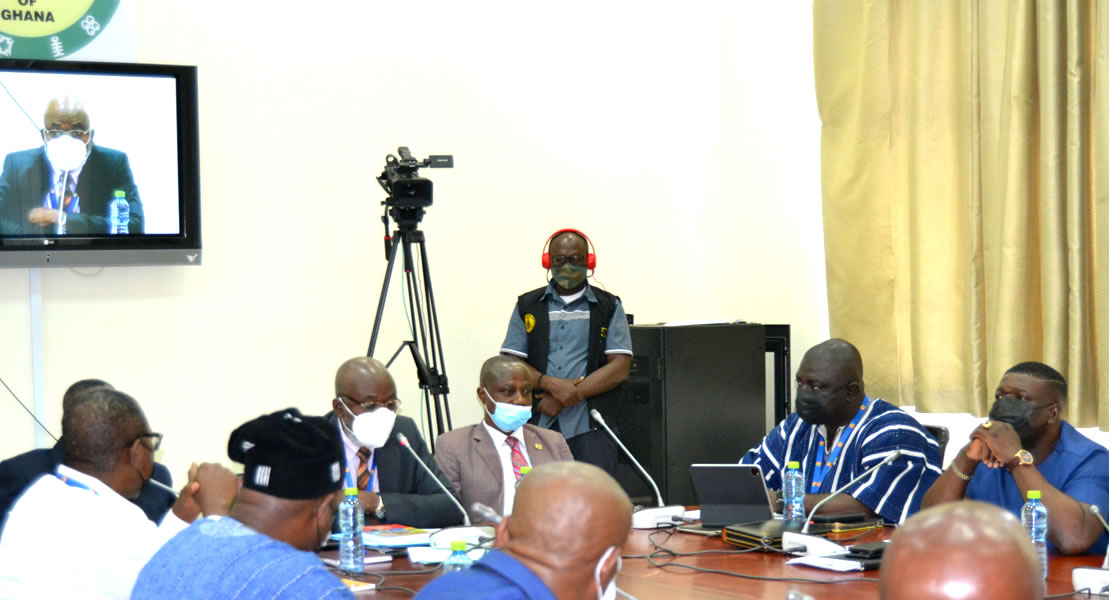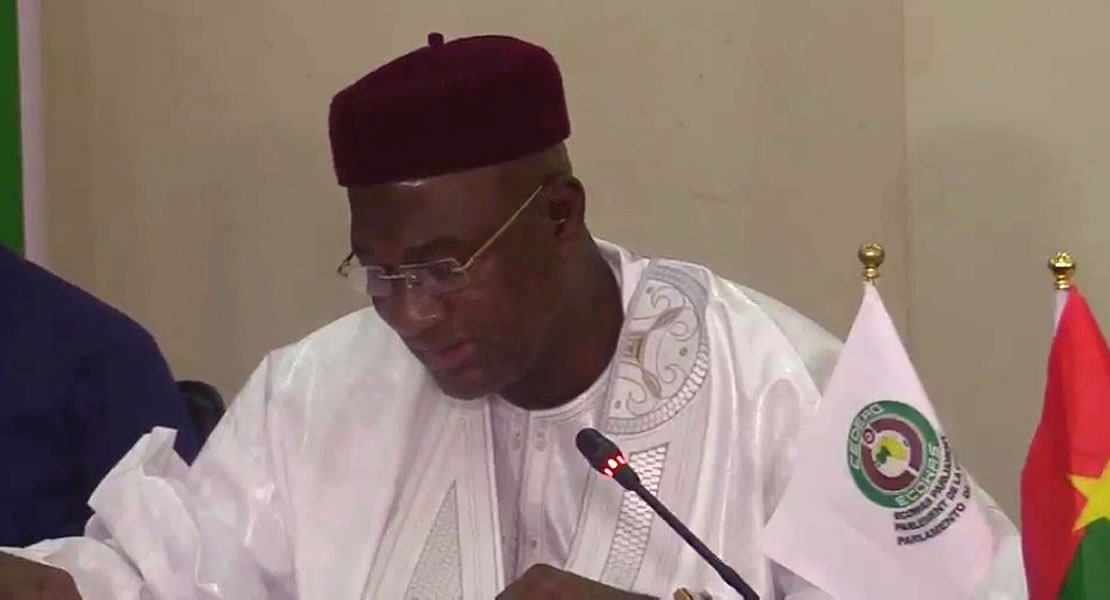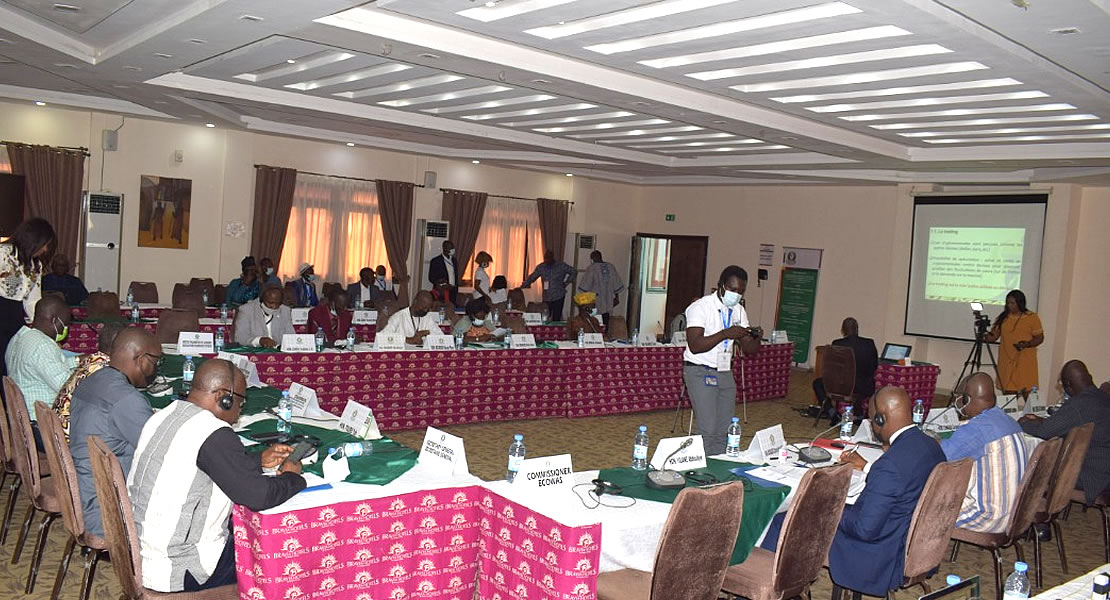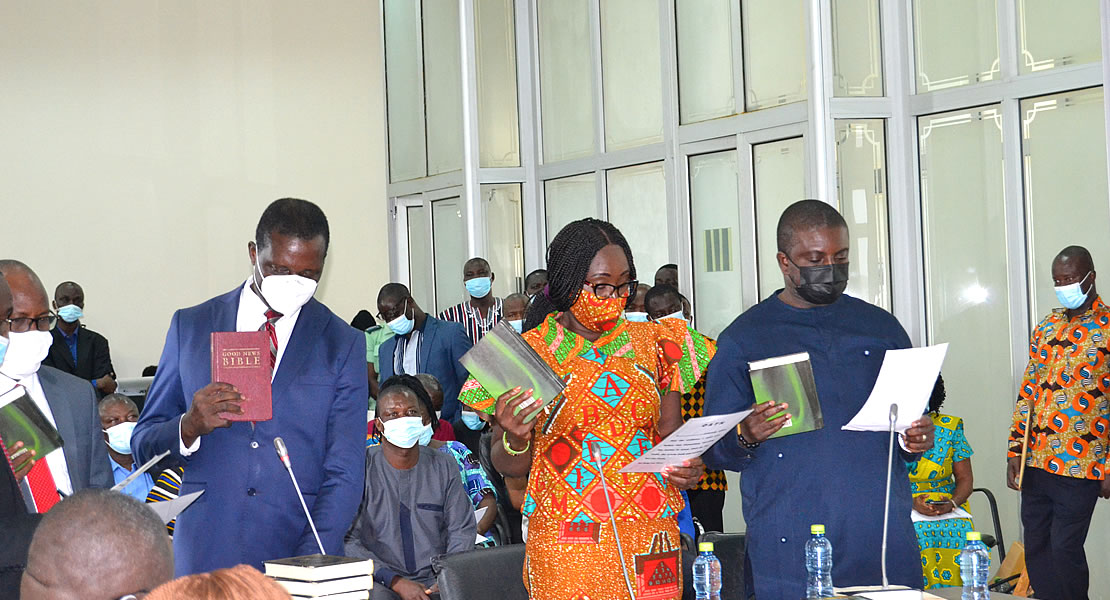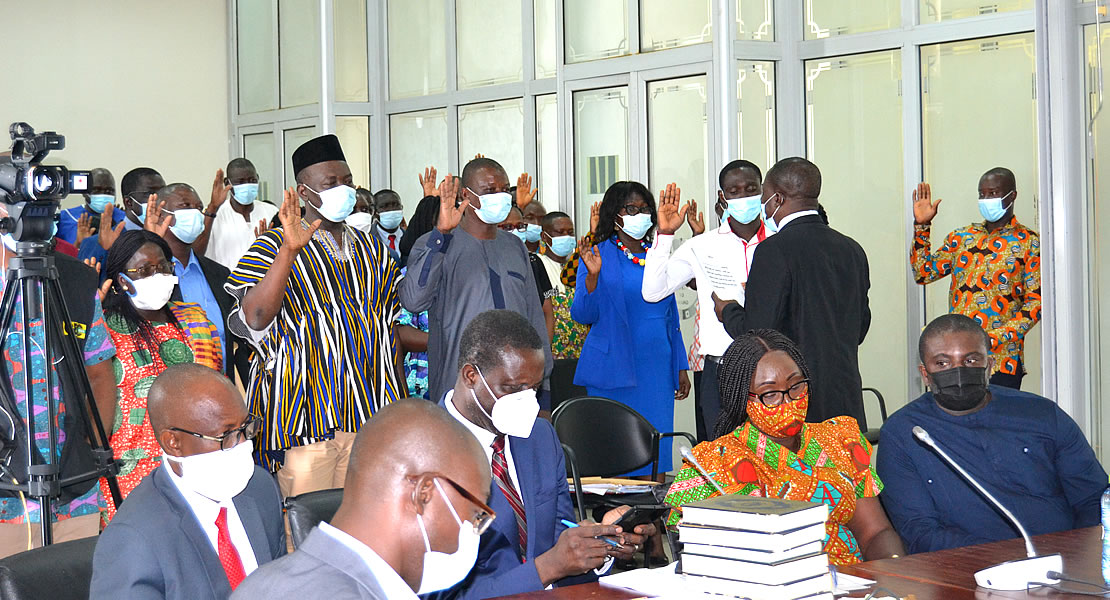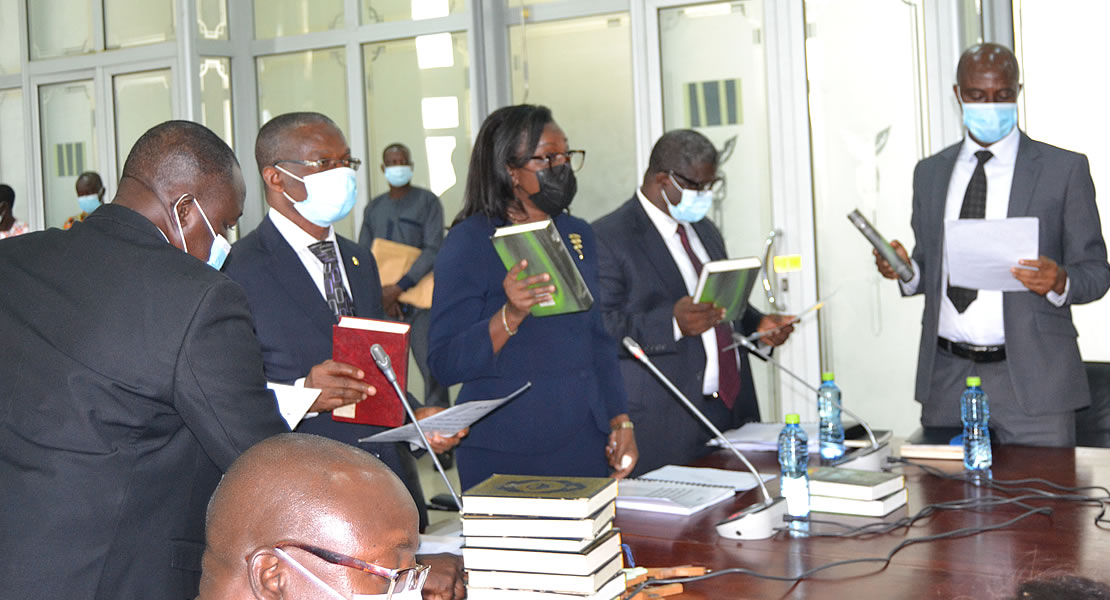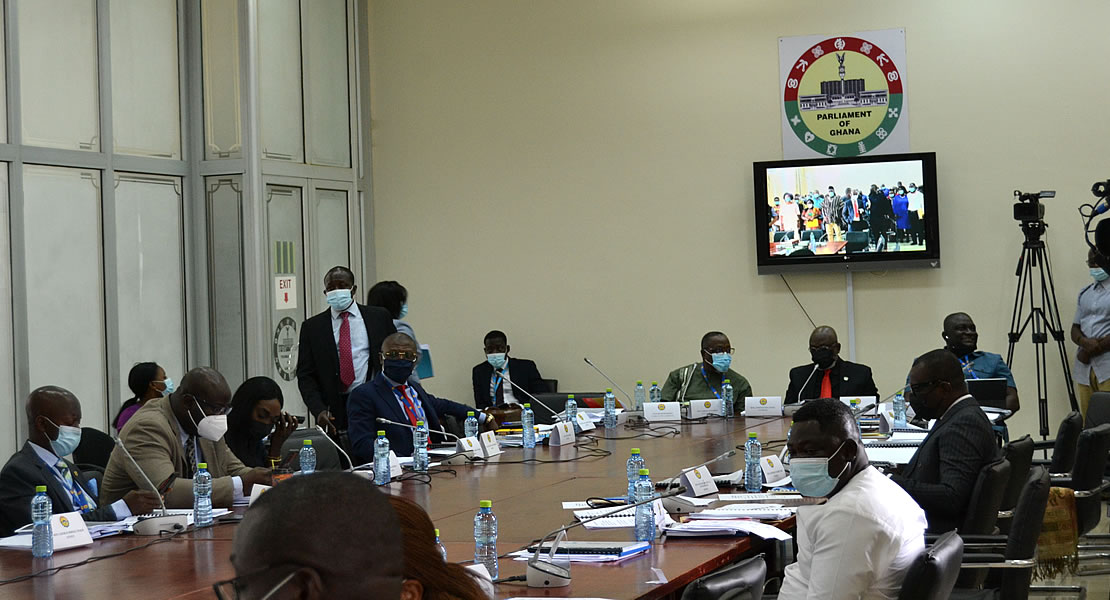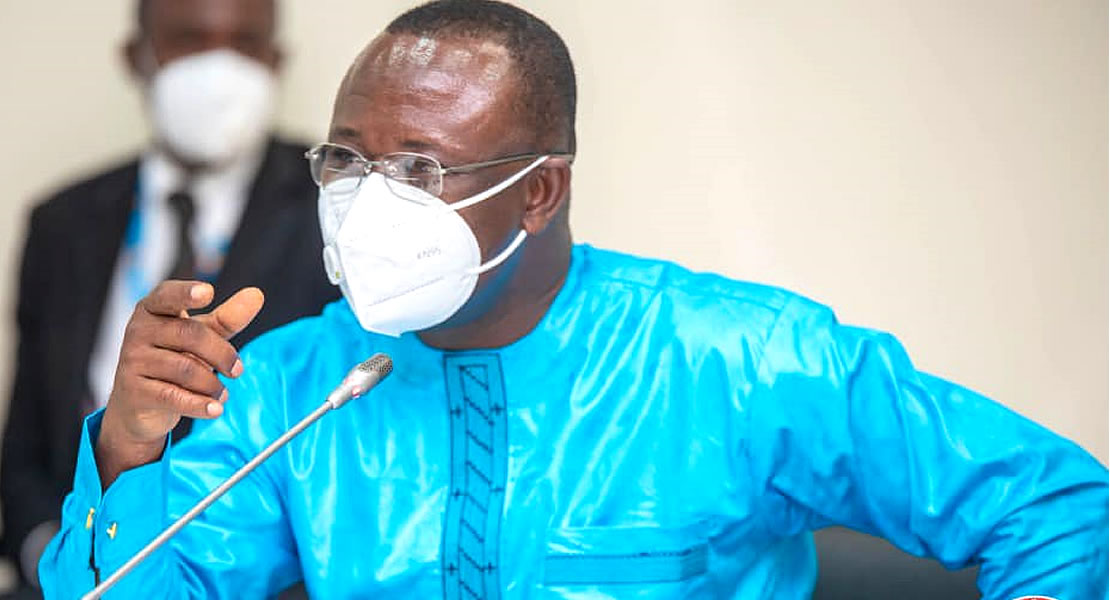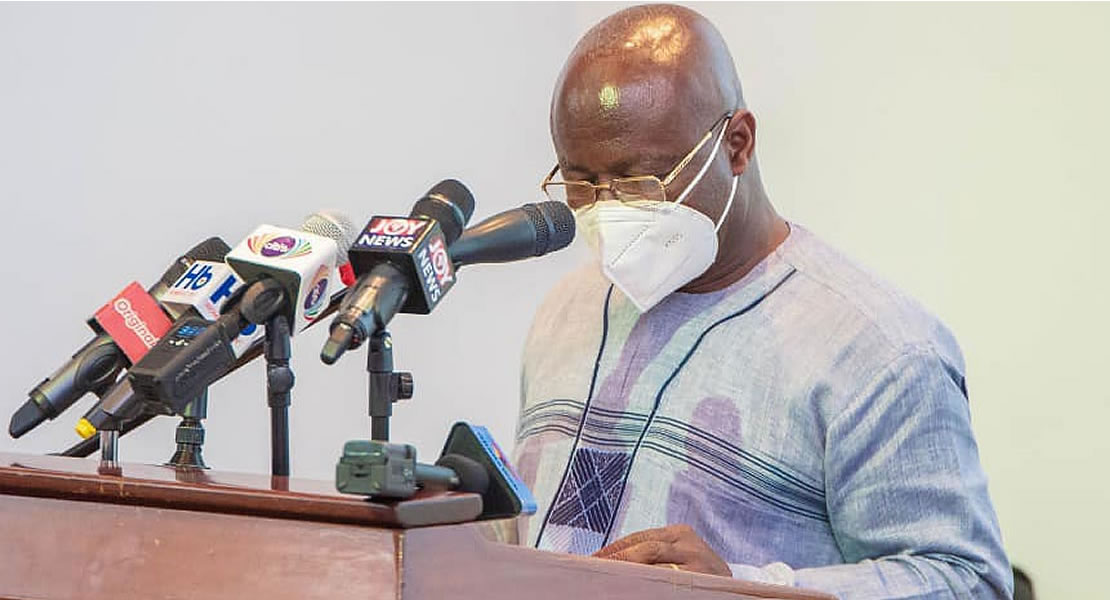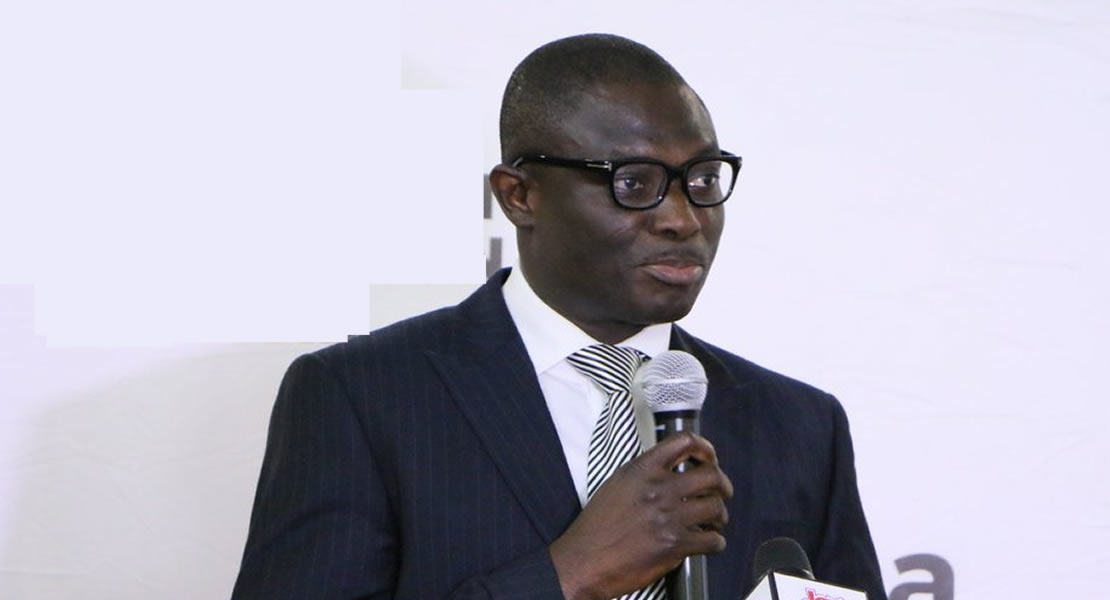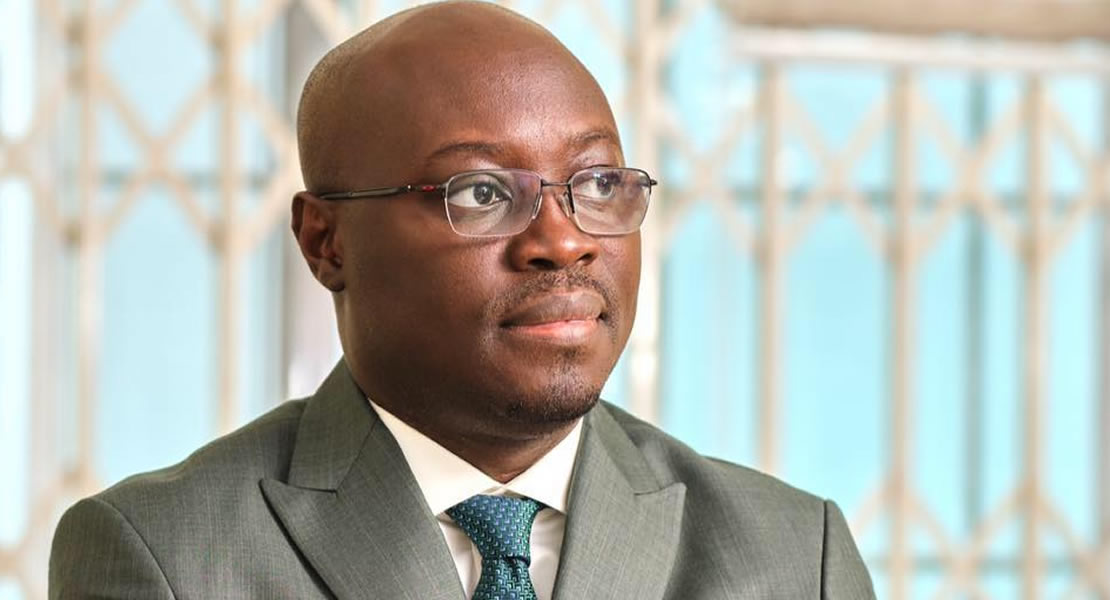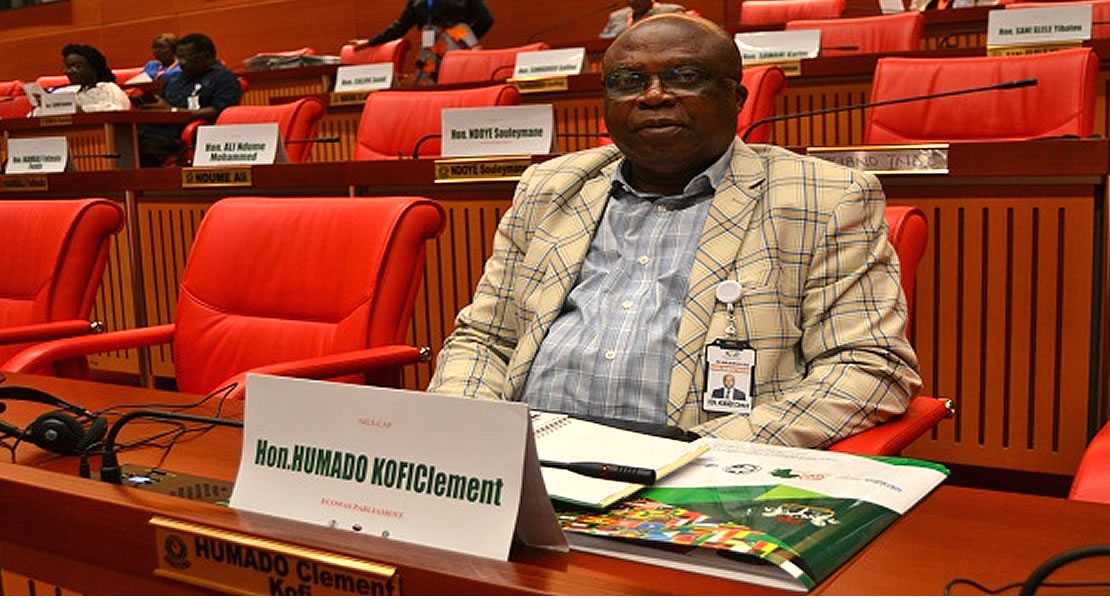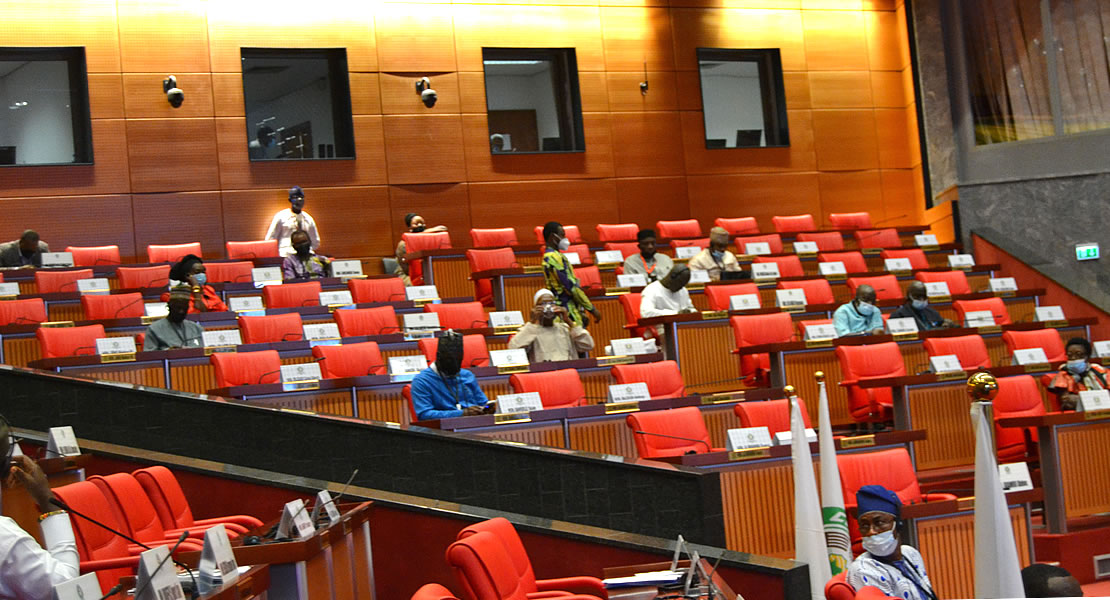In the wake of public criticism of the $28mililon dollars facility loan to purchase vehicles for lawmakers in Ghana’s legislature, Member of Parliament for South Dayi, Este Rockson-Nelson Dafeamekpor is unhappy with comments and criticism from members of the public on the subject matter.
According to him the facility is a loan that MPs would pay and the comments coming out are very offensive and unfair, stating that since January 2021, there have been deductions from his salary despite the fact that he is not in possession of the vehicle; and vehicles would only be transferred into their names after they have completed payment on the vehicle.

On the issue of tax exemption that comes with the facility and very low interest on the vehicle, he said in an interview with journalists that, “companies come into this country, you are here with us, they go and register under Free Zones Board, they are granted extensive tax wavers and if MPs are given a facility to purchase vehicle it is not an exemption”.
As to whether he would reject the car loan in the wake of the back clash and public outcry, he noted that it is not a matter of rejecting the car loan, “first timer MPs are using Uba to Parliament, because they do not have the benefit of having strong vehicles, and it is dangerous.”
“The arrangement for me is wrong, but I cannot say because it is wrong and there is not alternative for me, I would not accept it. We should be assigned official vehicles and nobody should insult MPs because they have been given a facility to acquire a vehicle to perform their functions”.
And recounted that it was during the time of former Speaker, late Peter Ala Adjetey that it was detected that a lot of MPs died in road accidents because they were using salon vehicles, “in a year there were four bye-elections in a role so it was decided that MPs should be provided with robust vehicles hence they moved away from second hand vehicles to brand new vehicles.”
“I cannot say because of public criticisms I should walk to office when I am coming to perform official duty in Parliament of Ghana”, he stated.
Kwaku Sakyi-Danso/Ghanamps.com
